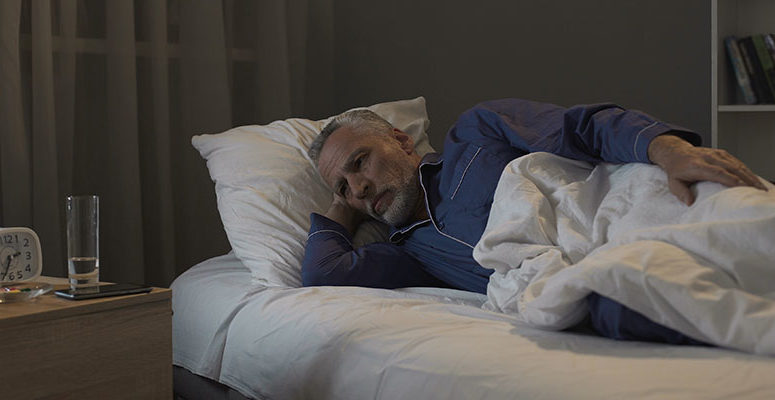
Insomnia in Older Adults: How to Start Sleeping Better
Getting enough sleep at night is a challenge for all ages. However, with insomnia in older adults being more prevalent, it is important to understand why it happens and the steps needed to correct the condition. There is a myth that as adults get older, they need less sleep. That is not true as everyone needs from 7 to 9 hours of sleep on average.
To get enough sleep means to address the issues that are preventing you from falling asleep or staying asleep through the night. What follows are some tips that will help you get a better night’s sleep from the first night on.
Create a Regular Sleep Schedule
It is important that you set aside enough time to get plenty of rest. This means going to bed and waking up at the same time day after day. When you do that, you establish a regular sleep cycle that will allow your body and mind to get enough rest. Unfortunately, too many people fail to get enough sleep during the week and try to make up for it on weekends.
Instead, choose a time to go to bed and a time to get up, allowing at least 7 to 9 hours depending on your natural sleep cycle.
Get Ready to Sleep
By creating a regular pattern of going to bed, you can get yourself ready to fall asleep faster. This means doing the same things night after night that have your mind and body ready for bed:
- Create a Pre-sleep Ritual
- Avoid Caffeinated Beverages, Exercising, Smoking, or Eating Before Going to Bed
- Put Off Stressful Activities Until the Morning
- Darken the Bedroom
By doing these things, you can help your mind and body unwind and get ready to fall asleep.
Avoid Issues that Cause You to Not Fall Asleep
There are things you can avoid which may be preventing you from falling asleep at night. By avoiding the following activities, you will be better prepared at night for sleep.
Limit Napping: Too much napping takes away from your sleep at night. Try to limit it to 10 to 15 minutes at most.
Avoid Alcohol: You will not sleep well at night if you consume alcohol
Don’t Worry About Insomnia: If you want to stay awake at night, then worry about your insomnia. You are only making things worse by dwelling on why you are not falling asleep.
It also helps if you can exercise earlier in the day, start avoiding caffeinated drinks by dinnertime, and meditate or take steps to unwind before going to bed. Another tip is to darken the room and avoid using your smartphone, computer, or watching TV about a half-hour to an hour before going to bed.
Insomnia in older adults is a real issue that not only affects your concentration, but also carries health risks as well which include increasing the chances for contracting higher blood pressure, diabetes, and even cardiovascular issues. Getting enough sleep at night means a healthier you.
Contact PSC Community Services for more information. Please reach out to us directly at 718-389-7060 or info@psccs.org
